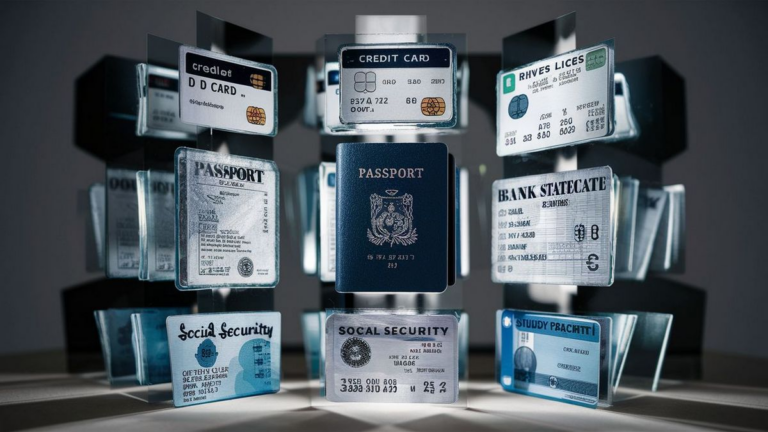Are you wondering about the age requirements for obtaining a credit card? It’s a common question among young adults eager to establish their financial independence. Let’s delve into the details of when you can get a credit card and what factors might influence this.
Legal Age Requirement
First and foremost, the legal age to apply for a credit card varies depending on your country and jurisdiction. In the United States, for instance, you typically need to be at least 18 years old to apply for a credit card on your own. However, there are exceptions, such as being an authorized user on a parent or guardian’s account.
Authorized User
Being an authorized user on someone else’s credit card allows individuals under the age of 18 to have access to a credit card. This is often done with a parent or guardian who adds their child to their credit card account. While the primary account holder remains responsible for the debt, this can be a way for young people to start building credit and learning financial responsibility.
Considerations for Young Adults
Even if you meet the legal age requirement, there are other factors to consider before applying for a credit card. Financial institutions may assess your income, credit history (if any), and ability to manage debt. Additionally, some credit card issuers may offer specific products tailored for students or young adults with limited credit history.
Secured Credit Cards
If you’re unable to qualify for a traditional credit card due to a lack of credit history or income, a secured credit card could be an option. With a secured card, you provide a cash deposit as collateral, which serves as your credit limit. Responsible use of a secured card can help you establish credit and eventually qualify for unsecured credit cards in the future.
Financial Education
Regardless of your age, it’s crucial to have a solid understanding of credit and financial management before obtaining a credit card. Educate yourself on topics such as interest rates, fees, credit scores, and responsible borrowing practices. Many resources, including online courses and financial literacy programs, are available to help you build a strong financial foundation.
Parental Guidance
For young adults navigating the world of credit, seeking guidance from parents, mentors, or financial advisors can be invaluable. They can offer advice on managing finances, avoiding common pitfalls, and making informed decisions about credit card usage.
So, what age can you get a credit card? It ultimately depends on various factors, including your location, financial situation, and personal responsibility. While obtaining a credit card can be a significant step towards financial independence, it’s essential to approach it with caution and ensure you’re ready for the responsibilities that come with it.
Frequently Asked Questions
Here are some common questions related to obtaining a credit card:
| Question | Answer |
|---|---|
| What if I don’t meet the age requirement for a credit card? | If you’re under the legal age to apply for a credit card independently, you might consider becoming an authorized user on a parent or guardian’s account. |
| Can I apply for a credit card if I have no credit history? | Yes, you may still be able to apply for a credit card, particularly secured credit cards designed for individuals with limited or no credit history. |
| How can I learn more about managing credit? | There are various resources available, including online courses, financial literacy programs, and guidance from mentors or financial advisors. |
| What if I’m denied for a credit card? | If you’re denied for a credit card, consider asking the issuer for the specific reasons for denial and work on improving those aspects of your financial situation. |
Building Credit Responsibly
Building credit responsibly is essential for establishing a strong financial foundation. Here are some tips:
- Make payments on time to avoid late fees and negative marks on your credit report.
- Keep your credit card balances low relative to your credit limit to maintain a healthy credit utilization ratio.
- Regularly monitor your credit report for any errors or discrepancies.
- Avoid applying for multiple credit cards within a short period, as this can temporarily lower your credit score.
See also:






